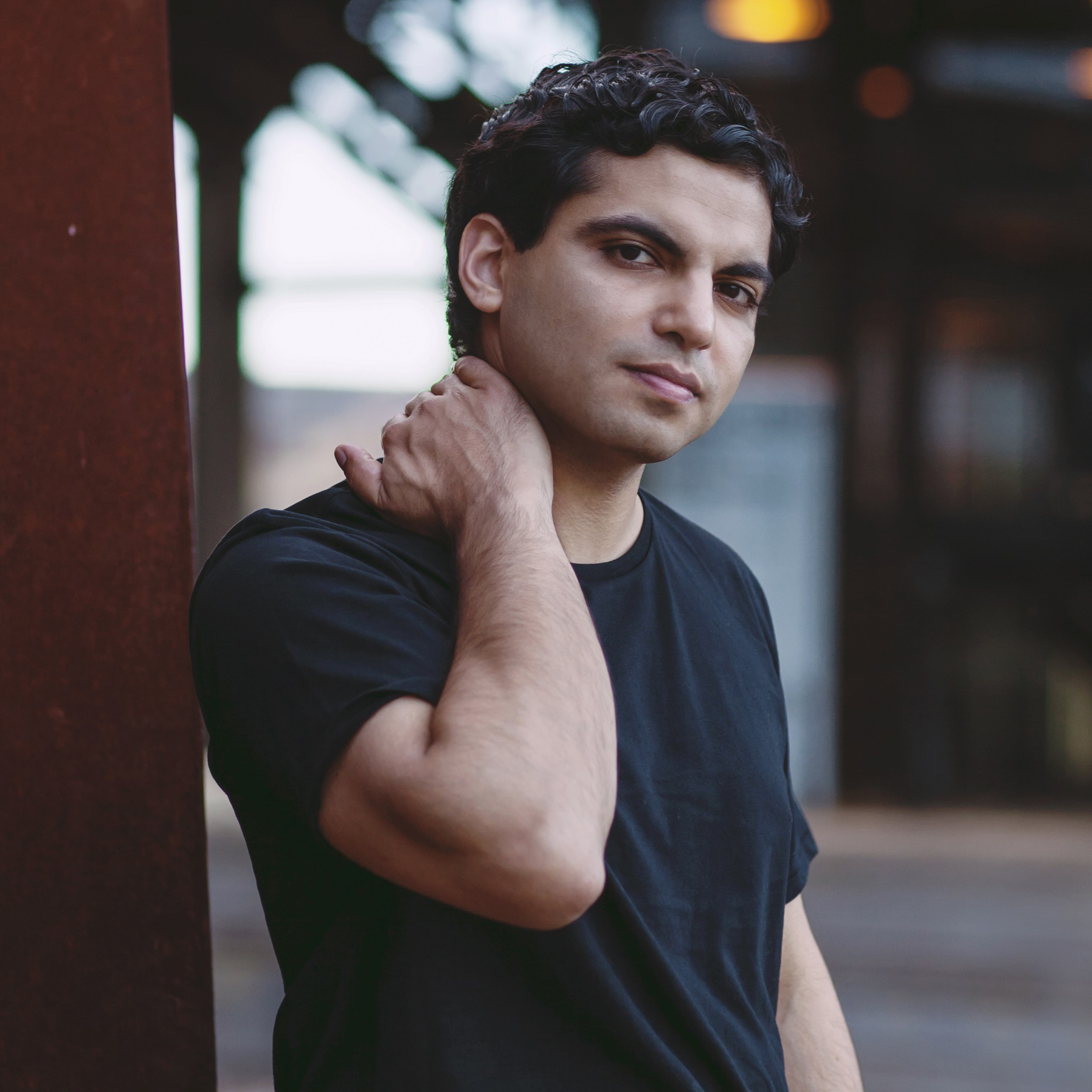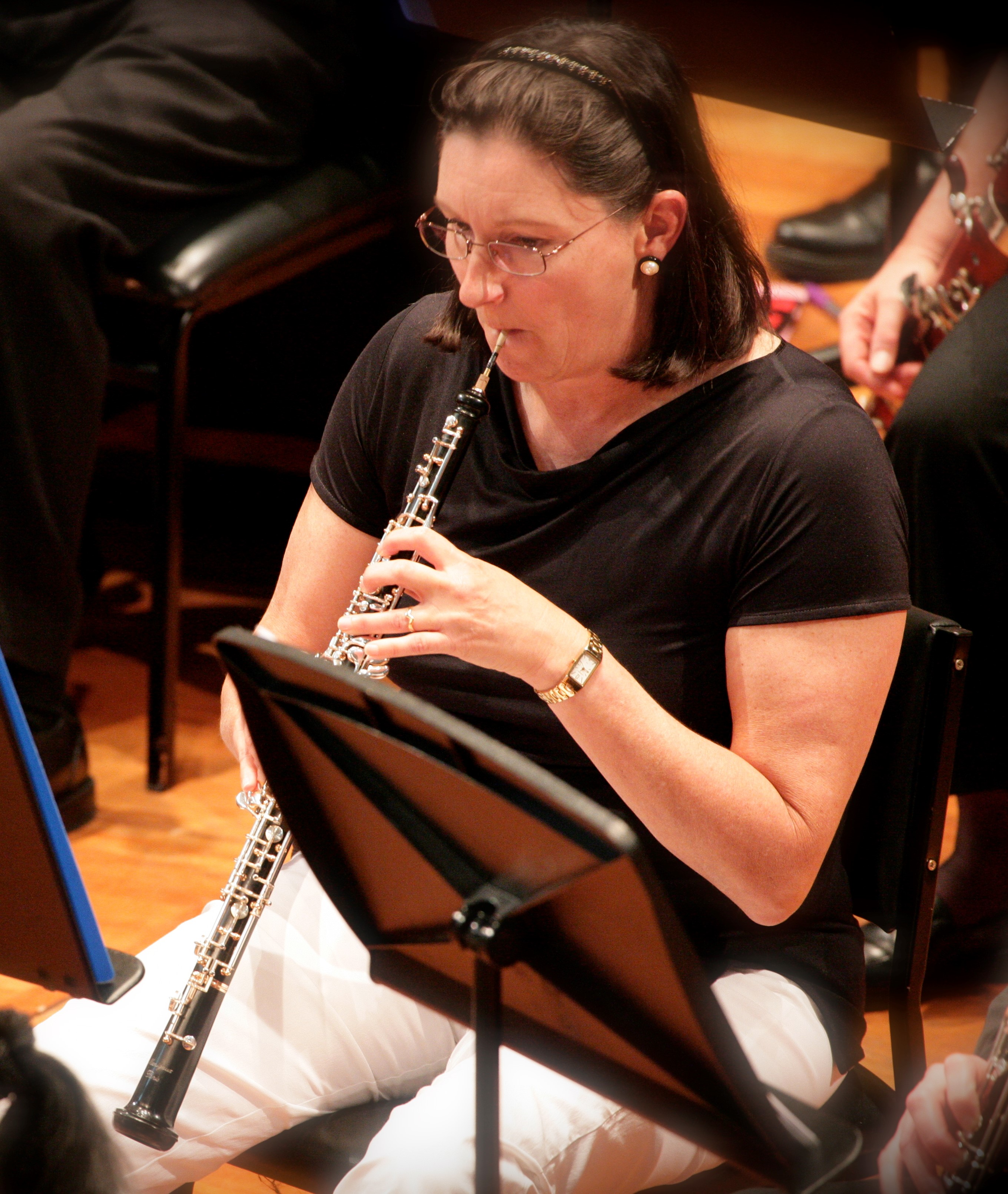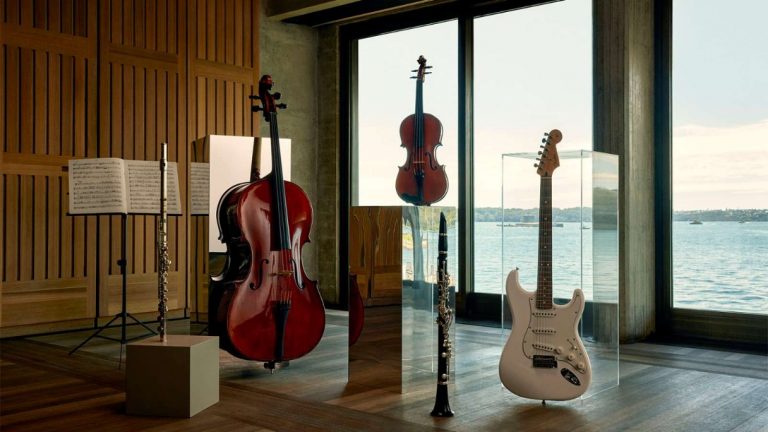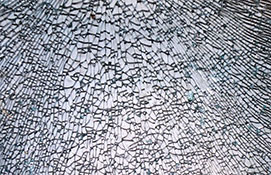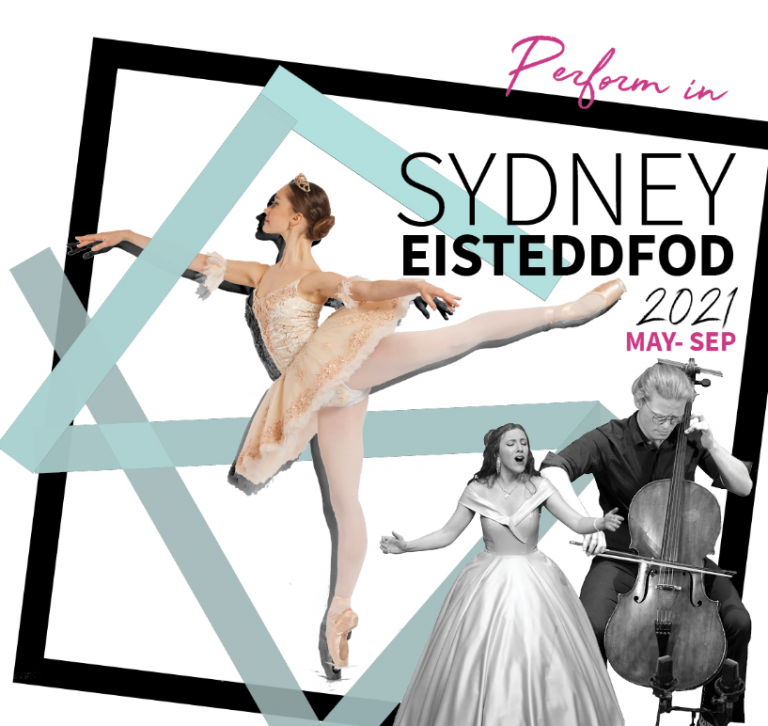Zubin Kanga Duels With His Dual: Dark Twin – Music Of Mystery And Multiplicity
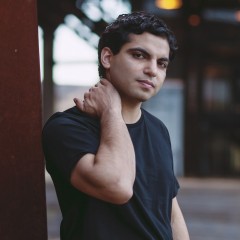
The title of the concert programme is enigmatic and irresistibly inviting – Dark Twin- music of mystery and multiplicity for piano and multimedia – a recital by London based Australian pianist Zubin Kanga, for the innovative combination of piano, electronics and video.
Speaking to SoundsLikeSydney in Sydney, Zubin says “it is all about the interaction between the live pianist and technology. The technology does different things – sometimes mirroring what I’m doing – using similar piano sounds or recording my sounds, manipulating them and playing them back to me or at other times pursuing a variety of other strategies”
It’s a fascinating concept in creativity and the composer’s role in the end result could be debated endlessly. Those composers include Australians Julian Day, Cat Hope and Daniel Blinkhorn who will each have new works performed, Sydney based Benjamin Carey, and three international figures – Belgian Stefan Prins, Dutch composer Michel van der Aa and American Steve Reich.
Contributing composer Benjamin Carey will be operating the electronics and I asked Zubin if the electronic component would be the same for every performance. “In some cases,” he explains, “like in Benjamin Carey’s own piece _derivations, the electronics are improvised. The computer system has a semi- intelligent programme that learns the way I improvise, the kinds of phrases that I’m playing, processing the information and becoming an improvising partner. That will be very different at each performance. With the other pieces, there are different variables. For example Cat Hope’s The Fourth Estate which will receive its world premiere, uses lo-fi technology in the form of electromagnets inside the piano which vibrate the strings along with a little radio to produce static. Daniel Blinkhorn’s piece, on the other hand, will be quite similar each time because it’s done in surround sound and is quite strictly put together.”
The composers and concepts represented in Dark Twin‘s programme are not necessarily familiar to Sydney audiences. Says Zubin, ” Stefan Prins is pretty young (he was born in 1979) and is doing a PhD at Harvard. He has already become a major figure on the European scene influenced by video game culture and this piece Piano Hero is one of his most famous.” The title, says Zubin, is related to the video game Guitar Hero. “In Piano Hero I play a keyboard which controls a video avatar of another pianist who is playing inside a piano – it’s really effective to see live because I can be seen performing at the keyboard but also visible is the other pianist next to me who is the one creating the sounds – it’s fun and effective” he enthuses.
Michel van der Aa is a film maker and composer. Dark Twin sees the Australian premiere of Transit which includes a film in black and white of a lonely old man, trapped in his house. As his anxiety and alienation increase, his mental state deteriorates, reflected in the piano part which moves from the serene to the “kinetic and virtuosic.” “It is very effectively put together both in terms of the film making and the composing.” says Zubin.
Julian Day’s piece, from which the concert takes its name also receives its world premiere. It is perhaps the most malevolent of the works. In it, the pianist begins with playing what are quite simple patterns. “Then,” says Zubin, anticipation rising, “it records a part of me playing, mirroring what I do, but gradually beginning to do things that a normal piano can’t do, like sliding in pitch, distorting the sounds and ultimately becoming the dark twin of what I’m playing. It becomes increasingly dominant and disrupts what I’m playing. That is the concept behind the whole recital – it’s about me and these technological doppelgangers which try to take over what I do.”
The Fourth Estate too depicts how technology, through the media, attempts to influence Australian society. “Technology is always interfering with what we’re doing and we don’t always realise and acknowledge how it influences us. In the piece, the technology is constantly coming in and over playing very different static motifs to what are very elaborate piano figures,” explains Zubin.
Steve Reich’s Piano Counterpoint on the other hand, emits a more positive vibe. Arranged by Vincent Corver as a reduction for 1 piano from the original version for 6 pianos, the parts are intended as accompaniments rather than adversaries.
Zubin’s work as a pianist includes exploring novel approaches to obtaining sound from the piano. He acknowledges that curating this programme has taken him on an extended journey of discovery, uncovering new ways to work with composers and new opportunities for them to innovate what can be done at the piano. Material, he says, that can fill 2 or 3 more recital programmes in a radical new approach to contemporary music.
When SoundsLikeSydney first interviewed Zubin in November 2011, we explored the idea of Creative Collaboration where both composer and performer work together in the creation of a new piece of music. In keeping with these principles, Zubin observes that he has worked very closely with the composers in bringing the works in Dark Twin to life. ” Julian Day and I have had regular workshops for 2-3 years, with him improvising on the keyboard and me on the piano to explore the potential and recording new material for him to put into electronics. That was a very long exploratory process. Daniel Blinkhorn’s FrostbYte: Chalk Outline uses video and audio that he recorded on a trip to the Arctic Circle, to a place called Svalbard beyond Norway. He uses the images and sounds of icebergs, glaciers and oil drilling. The title is about exploring the effect of climate change on that region, leaving the outline on maps which gradually reduces. He wrote sections of it and sent them to me so we could collaborate on the aesthetic aspects. Now at the very end we’ve e gone back to the technical side and are reworking some of the piano parts to make it more pianistic.”
In a fascinating and practical application of new technology, Cat Hope uses an iPad app that she has developed to display her graphic scores. Astonishingly, The Fourth Estate is her first composition for solo piano. Using her app, she sent Zubin different versions of her piece that they then workshopped, refining, expanding and editing. “Most composers haven’t written much for solo piano,” observes Zubin, a genre which he believes is pursued by mostly pianist composers.”So the time we invested in collaboration was really important and required to make these pieces work as well as they have.”
Zubin maintains a dizzying schedule travelling from performances in Sydney to London, where he continues to work and publish with composers at his Alma Mater the Royal Academy of Music, to Paris and to Nice. In Nice, he is undertaking post- doctoral research at the city’s University, in partnership with IRCAM in Paris, the world renowned French Institute for Research and Coordination of Acoustic Music. Exploring the relationship between music and gesture, Zubin uses movement to control electronics, with, as one example, electronic sensors attached to his hand. June brings IRCAM’s ManiFeste festival of innovation for which Zubin is convening the research day, with speakers from around Europe examining new technology and approaches to performance.
Here in Australia it’s a hectic year as well. Zubin is a member of new music group Ensemble Offspring, celebrating its 20th anniversary in 2015; this year he will also premiere a piano concerto written for him by Elliott Gyger; in May, he and fellow pianist Daniel Rojas will give a two-piano recital of music by Gershwin, Bernstein, Piazzolla and a piece by Rojas himself; later in the year is a recital series with soprano Jane Sheldon….and there is the Dark Twin tour.
Dark Twin promises a battle of wills between the constructive twin and the destructive one. The question is…….which one will prevail?
Shamistha de Soysa for SoundsLikeSydney©
Following the Sydney performance of Dark Twin, Zubin will launch his new CD called Piano Inside Out, released on the Move record label. The CD features works performed by Zubin in 2011 – 12 including new Australia pieces by Elliott Gyger, Nicholas Vines, Daniel Rojas, Rosalind Page, Marcus Whale, David Young and Anthony Moles.
Click here for information about the Sydney performance.
The Perth performance of Dark Twin will be broadcast live on ABC radio at 8 pm on May 22, 2015.

